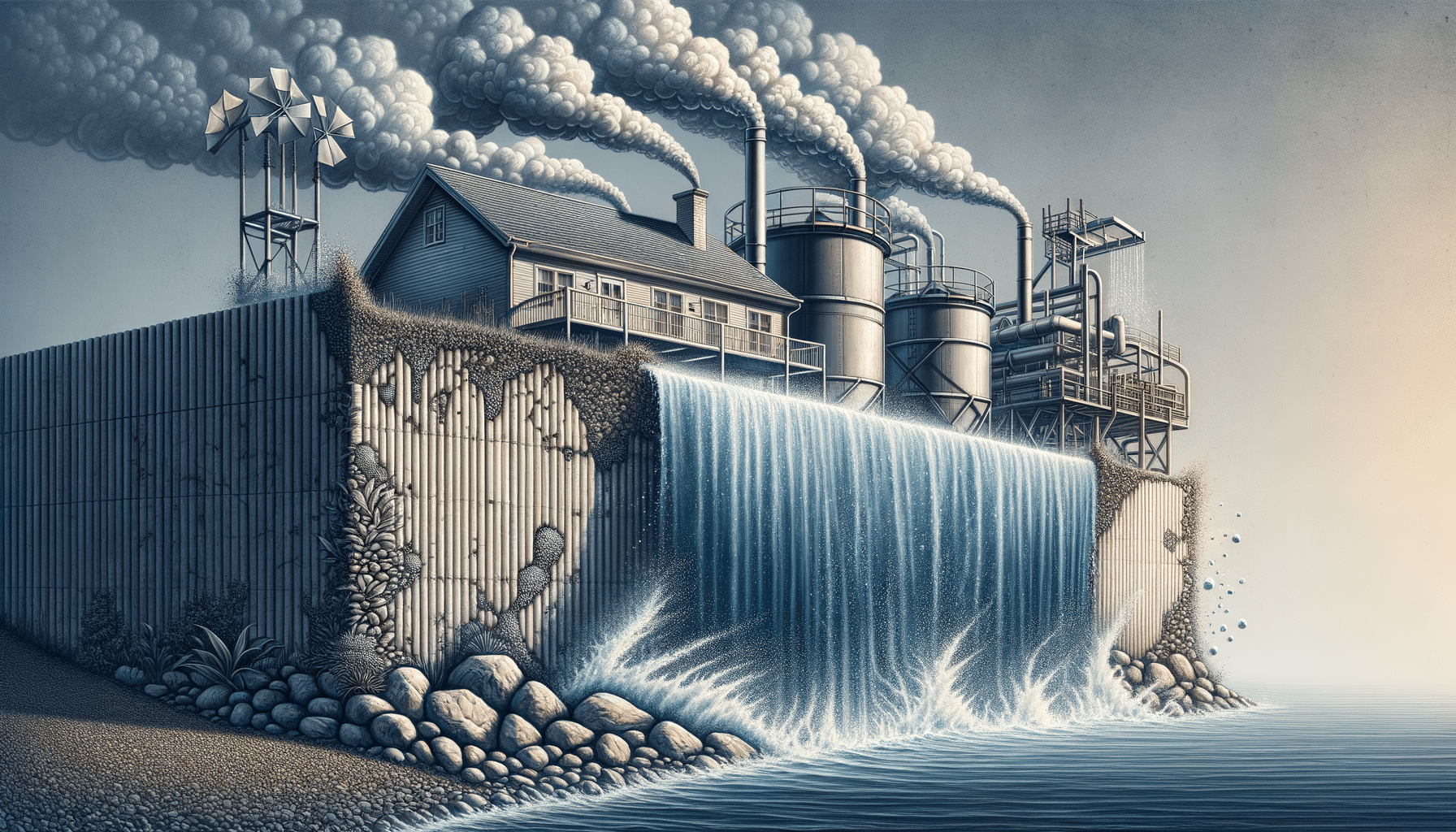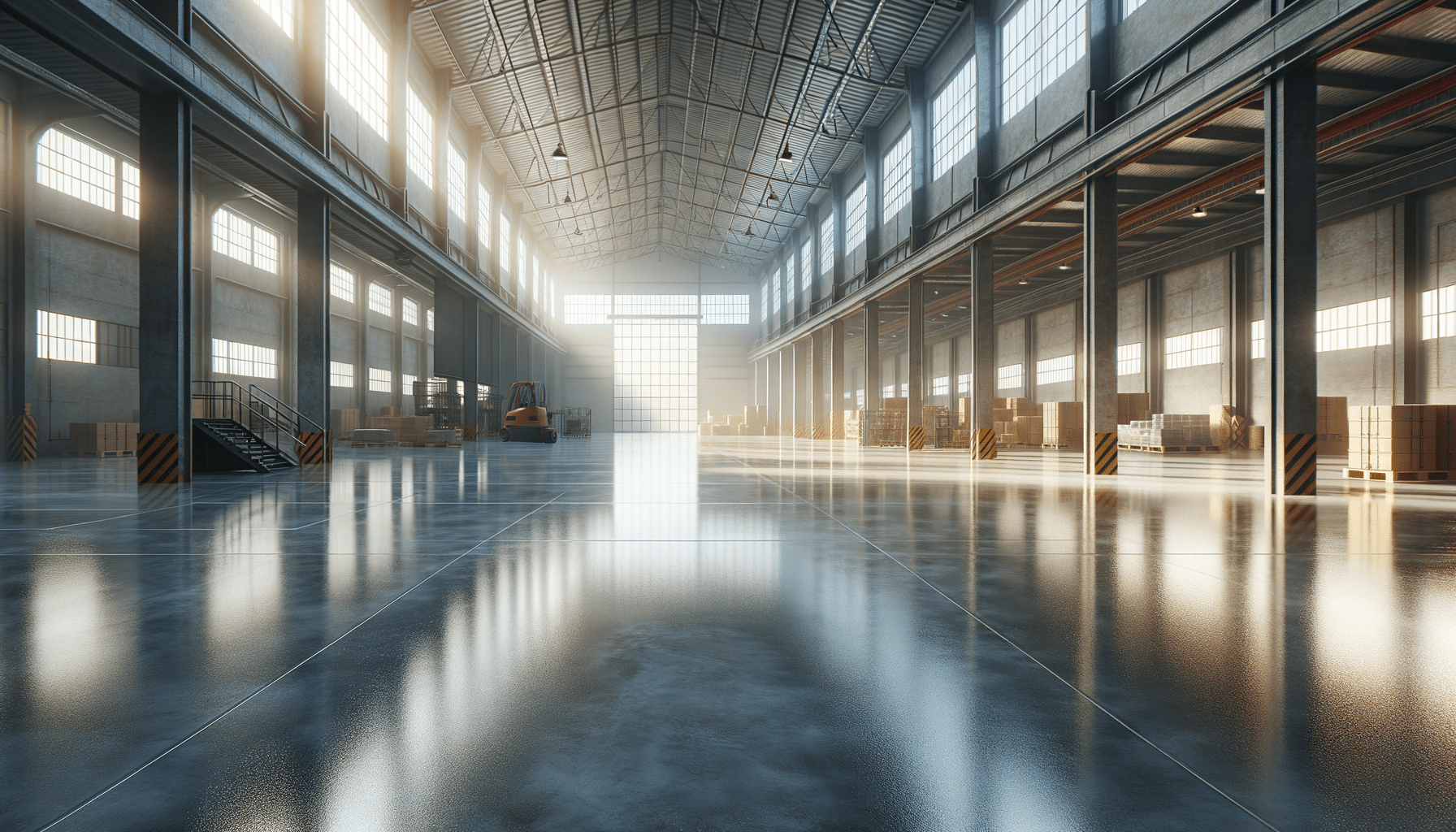
Understanding Moisture Barriers: Essential for Home and Industry
Introduction to Moisture Barriers
In the realms of construction and manufacturing, moisture barriers are indispensable. These barriers are designed to prevent water vapor from penetrating and damaging materials, which is crucial in maintaining the integrity and longevity of structures. Whether it’s a residential home or a massive industrial setup, moisture barriers ensure that water-related issues, such as mold, mildew, and structural decay, are kept at bay. The importance of these barriers cannot be overstated, as they not only protect physical structures but also contribute to energy efficiency and indoor air quality.
Types of Moisture Barriers
Moisture barriers come in various forms, each suited for different applications. The most common types include:
- Vapor Barriers: These are typically made of polyethylene or foil and are used in walls, floors, and ceilings to prevent moisture from entering living spaces.
- Liquid-applied Barriers: These are applied as a liquid and then cure to form a seamless barrier, ideal for complex shapes and areas with a lot of joints.
- Sheet Barriers: Often used in roofing applications, these barriers are laid down in sheets and are effective against both moisture and air infiltration.
- Self-adhered Membranes: These are sticky on one side and provide a quick and effective moisture barrier solution for various surfaces.
Each type of barrier has its own advantages and is chosen based on factors like the specific environmental conditions, the materials used in construction, and the desired longevity of the barrier.
Applications of Moisture Barriers
The applications for moisture barriers extend across various industries and settings. In residential construction, they are crucial in basements and crawlspaces to prevent dampness and maintain a healthy indoor environment. In roofing, these barriers protect against leaks and water damage, ensuring the roof’s longevity.
In industrial settings, moisture barriers are used in warehouses and manufacturing plants to protect goods and machinery from humidity and moisture-related damage. This is particularly important in industries dealing with electronics or food, where moisture can compromise product integrity and safety.
Furthermore, moisture barriers are essential in the transportation industry. Shipping containers, for instance, often use moisture barriers to protect goods during transit, especially when crossing humid or wet regions.
Benefits of Using Moisture Barriers
The benefits of using moisture barriers are numerous and impactful. Firstly, they significantly reduce the risk of mold and mildew growth, which can have serious health implications for building occupants. By preventing moisture ingress, these barriers help maintain a stable indoor climate, contributing to better energy efficiency as heating and cooling systems work less to maintain desired temperatures.
Additionally, moisture barriers protect the structural integrity of buildings by preventing water-related damage, thereby reducing maintenance costs and extending the lifespan of the structure. In industrial applications, they safeguard equipment and products, ensuring operational efficiency and reducing downtime caused by moisture-related issues.
Choosing the Right Moisture Barrier
Selecting the appropriate moisture barrier involves considering several factors, including the specific environmental conditions, the type of construction, and the intended use of the space. For instance, in areas with high humidity, a more robust barrier might be necessary. It’s also vital to consider the compatibility of the barrier with other building materials to ensure a seamless integration.
Consulting with professionals who understand the nuances of moisture barriers can be invaluable. They can provide insights into the best materials and installation techniques, ensuring that the chosen solution effectively meets the specific needs of the project.
Ultimately, the right moisture barrier not only protects the structure but also enhances its overall performance and sustainability, making it a worthwhile investment for any construction or industrial project.


